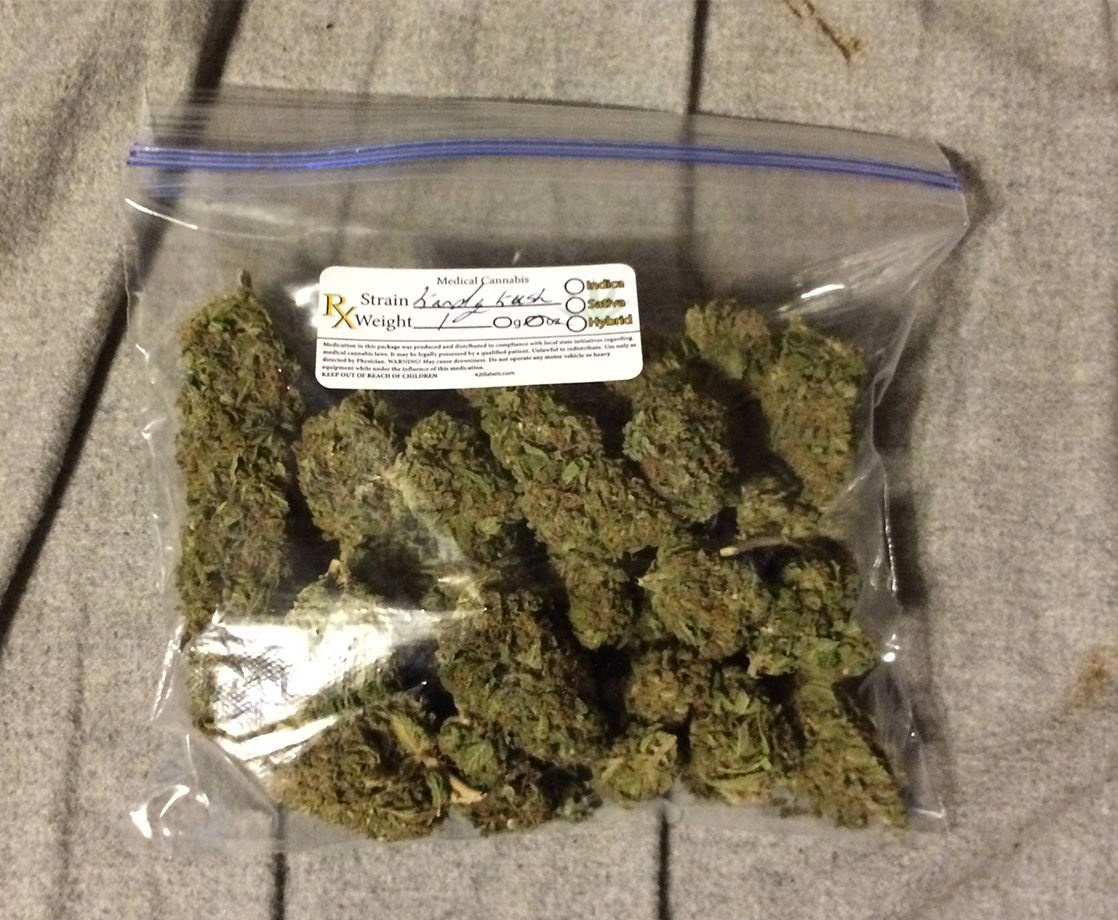A new study exploring the side effects of cannabis legalization might just strike fear into the hearts of alcohol industry executives. The study, published in the Marketing Science journal, found that residents of adult-use states became less interested in alcohol when pot became legal, confirming previous studies connecting legal weed to decreases in alcohol sales.
To conduct the study, researchers from Syracuse University and the University of Georgia examined data that a US-based web portal recorded between January 2014 and April 2017. This data set “covers over 28 million searches and 120 million ad impressions related to cannabis, alcohol, and tobacco industries,” the study notes, according to Marijuana Moment.
While examining the data for states that legalized cannabis during that time frame, researchers discovered that online searches for alcohol decreased by 11 percent immediately following legalization. But searches for tobacco increased by 8 percent.
Related: Hilarious Stock Photos of Your Parents Smoking Weed
These findings led researchers to conclude that legalization “reduces search volume and advertising effectiveness for alcohol, but increases those for tobacco. Hence, cannabis appears a substitute to alcohol, but not to tobacco.”
“It appears the alcohol industry has valid reason to be concerned about legal marijuana and may need creative strategies to avoid market decline if it passes,” said Pengyuan Wang, assistant professor at the University of Georgia and author of the study, in a statement.
Indeed, many alcohol companies have already chosen to get directly involved in the cannabis industry, either partnering with weed companies to create infused products, or just outright buying stock in pot startups. Other alcohol executives and heirs have even decided to give up on liquor completely in favor of launching their own weed ventures.
The study also reported that web searches for cannabis increased by 17 percent in states that legalized adult-use. This increase in interest was solely associated with adults, however. The number of web searches for weed by individuals 19 or younger was “significantly attenuated.”
These particular findings support previous research showing that adult-use legalization does not make children more likely to smoke pot, as many opponents of legalization argue. Just last week, another study found that the rate of past-month pot use among teens in adult-use states decreased by 8 percent, even though teen use in prohibition states is on the rise.
“Contrary to widely held public concern after recreational cannabis is legalized, teenagers appear to lose interest, rather than gain interest,” Wang said. “Policymakers only concerned with an uptick in teen users, may want to rethink their stance.”











